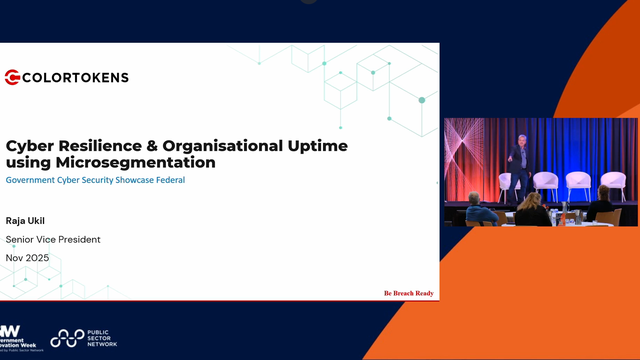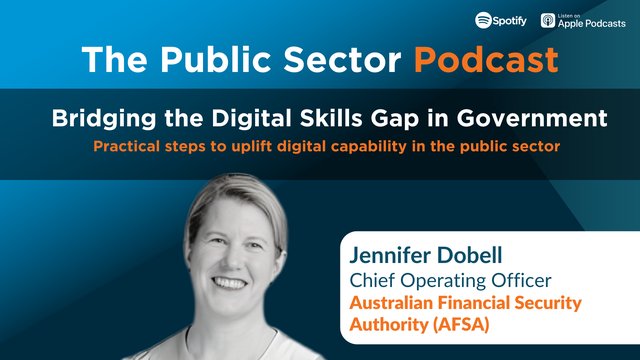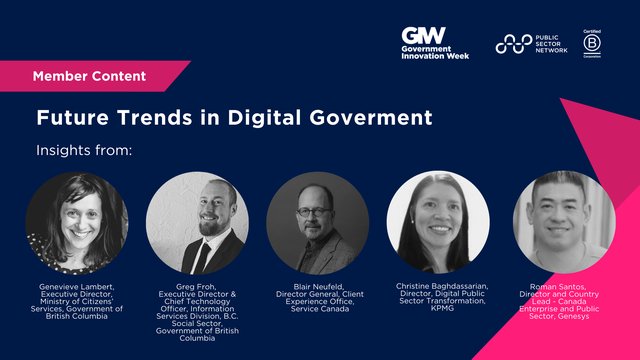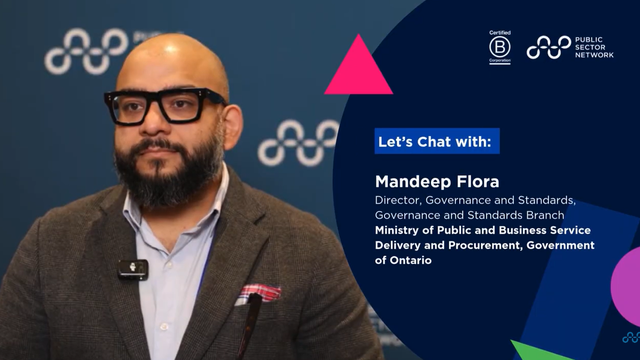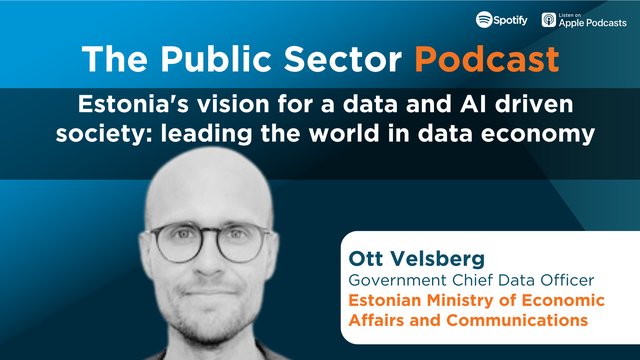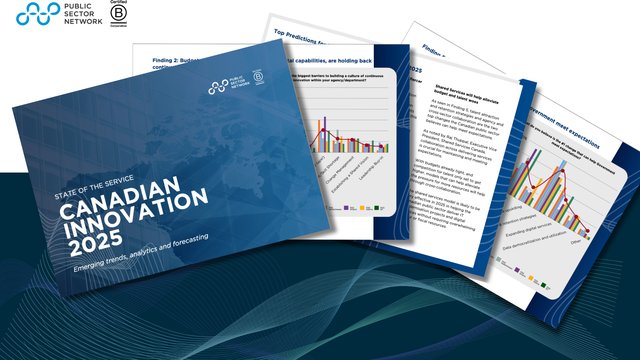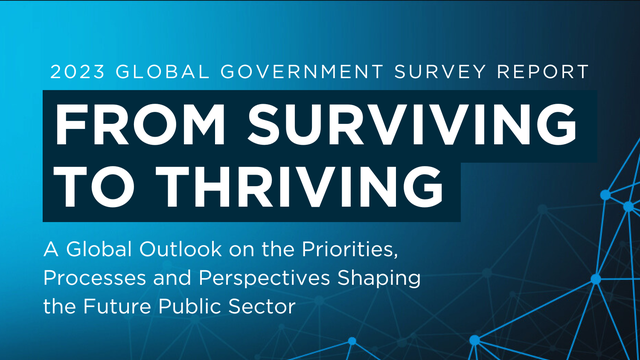

Key takeaways:
- Evidence-backed skills recognition is a catalyst for growth across all learner segments – by validating skills, institutions can enhance retention of current learners, attract the expanding lifelong learning market, and tap into global opportunities through transnational education.
- Focusing on skills creates value and expands reach – demonstrating tangible skills increases the perceived value of education for domestic learners, provides relevant pathways for lifelong learners, and positions Australian institutions to meet international demands for skills-based credentials.
- Credentialate and SkillsAware offer comprehensive solutions for diverse learner needs – these platforms provide the tools to implement skills recognition effectively for current students, facilitate RPL for lifelong learners, and deliver and showcase Australian skills credentials to a global audience.
In ‘Part 1: Are You Risking Irrelevance?‘, we laid bare the mounting risks for Higher Education institutions that hesitate to embrace evidence-backed skills recognition. The cost of inaction is significant, but the converse holds even greater promise. Part 2 shifts our focus to the compelling rewards that await those institutions who bridge the gap between learning and earning. Beyond mitigating risks, embracing a system that validates and showcases learner skills unlocks new opportunities for growth, relevance, and a stronger connection with both learners and the workforce.
Let’s explore these benefits and introduce practical pathways to making evidence-backed skills recognition a reality for your institution.
Fuel Retention: How Skills Recognition Empowers Current Learners
In an era where the perceived value of a traditional degree is under scrutiny, and learners are increasingly seeking tangible outcomes from their education, evidence-backed skills recognition offers a powerful antidote to declining retention rates.
Consider the perspective of today’s learners. Faced with rising tuition costs and anxieties about future employment, they crave clarity and demonstrable value. Traditional letter grades and generic course titles often fail to provide this. However, when learners can see the specific, in-demand skills they are acquiring – skills that are validated by evidence and recognised by employers – their engagement and motivation soar.
This tangible understanding of their progress and the real-world applicability of their learning makes them more likely to persist in their learning. Skills recognition provides more than just a transcript; it offers a roadmap of their developing competencies, fostering a sense of accomplishment and purpose that traditional grading systems often lack. Better learner outcomes and retention are intrinsically linked to making the learning process and its tangible results more transparent and meaningful.
Untapped Potential: Skills Recognition and the Return of Lifelong Learners
Furthermore, the focus on skills opens up a significant opportunity to re-engage lifelong learners. These individuals, whether seeking to upskill for career advancement, transition to a new field, or simply pursue personal growth, are often drawn to learning experiences that are flexible, relevant, and provide clear evidence of their acquired competencies. A university that offers evidence-backed skills recognition is uniquely positioned to attract this demographic. Why?
- Increased enrolment – by offering pathways to acquire specific, validated skills, institutions can tap into a vast pool of individuals who may not be seeking a full degree but are eager for targeted learning opportunities. This directly translates to increased enrolment numbers and new revenue streams.
- Reduced barriers – facilitating Recognition of Prior Learning (RPL) allows institutions to attract a wider pool of lifelong learners by acknowledging their existing skills and experience, making further education more accessible and appealing to individuals who might otherwise be deterred by the need to repeat learning or gain formal qualifications.
- Enhanced community engagement and economic development – lifelong learners are often active members of their communities. By providing them with relevant skills, universities contribute to local economic development by equipping individuals with the competencies needed by regional employers. Moreover, these learners may become valuable connectors between the institution and the wider community.
- Stronger networking and industry partnerships – lifelong learners often have established professional networks. Their engagement with the university can lead to valuable partnerships and collaborations with industry, creating opportunities for internships, guest lectures, and curriculum development that aligns with real-world needs.
In essence, by embracing evidence-backed skills recognition, higher education institutions can move beyond the traditional degree-centric model and position themselves as lifelong learning partners. This not only addresses the critical issue of learner retention but also unlocks the immense potential of the lifelong learning market, creating a more resilient, relevant, and impactful future for the institution.
New Markets: Transnational Education and the Global Demand for Australian Skills
Australian Higher Education is increasingly recognised globally for the quality of its education and the employability of its graduates. This strong international reputation creates significant opportunities for Australian institutions to expand their reach through transnational education (TNE), offering skills-based credentials to learners residing outside of Australia. This approach not only diversifies revenue streams for universities but also positions them as key players in addressing global skills gaps and fostering international collaboration.
The demand for flexible and career-focused education options is rising worldwide, and skills-based credentials delivered online or through offshore partnerships can be particularly attractive to international students. These learners often seek qualifications that are directly applicable to the workforce in their home countries or that provide pathways to global career opportunities. By offering targeted micro-credentials, professional development courses, and even full degree programs with a clear skills focus, Australian universities can tap into this significant international market.
Furthermore, the Australian Qualifications Framework (AQF) provides a recognised standard that can lend credibility to skills-based credentials offered transnationally. Ensuring that TNE programs align with AQF standards and meet rigorous quality assurance measures is crucial for maintaining Australia’s international reputation in education. By strategically leveraging online learning platforms and developing partnerships with institutions and employers overseas, Australian universities can deliver high-quality skills-based education that meets the needs of a global learner base and strengthens Australia’s position as a leader in international education.
The Skills-Change Wave is Cresting: Is Your Institution Ready?
The evidence is clear: the future of higher education hinges on embracing evidence-backed skills recognition. Institutions that proactively adapt will not only mitigate the risks of declining enrolments and reputational damage but will also unlock significant opportunities in the burgeoning lifelong learning market and beyond.
As the research indicates (e.g., Prior Learning Ireland and insights from HE Professional), validating prior learning, offering flexible and skills-focused programs, and providing clear recognition of acquired skills are key to attracting and retaining lifelong learners. This demographic seeks education that is relevant, accessible, and directly applicable to their career goals. They want to see a clear return on their investment of time and resources.
This is where Credentialate and SkillsAware come in.
- Credentialate – provides the essential infrastructure for institutions to implement robust evidence-backed skills recognition. It streamlines the process of mapping curriculum to skills, capturing learner evidence, and issuing verifiable credentials. By automating the time-consuming aspects of skills recognition, Credentialate frees up faculty and staff to focus on the crucial human elements: defining relevant skills, designing effective assessments, and ensuring alignment with industry needs. Credentialate empowers institutions to clearly articulate the skills their graduates possess, making their programs more attractive to both traditional learners and lifelong learners. (Read our use case about scale and sustainability through automation)
- SkillsAware – offers a human-centred, AI-powered service that empowers learners to build a comprehensive skills credential by showcasing validated evidence of their competencies. Unlike traditional CVs or qualifications, SkillsAware leverages AI to analyse and contextualise a learner’s experience and education, mapping it against established frameworks and providing a granular view of their skills. This comprehensive digital record facilitates a more effective transition from education to employment by providing employers with a clear, evidence-backed understanding of a candidate’s capabilities. For lifelong learners, SkillsAware acts as a dynamic portfolio, enabling them to continuously showcase their evolving skills and connect with opportunities that truly match their validated competencies.
Together, Credentialate and SkillsAware offer a comprehensive solution for institutions seeking to thrive in the skills-based economy. They enable institutions to:
- Attract and retain a broader range of learners – by offering clear pathways to acquire and demonstrate valuable skills, institutions can appeal to both traditional learners and the growing market of lifelong learners seeking career advancement.
- Enhance the value proposition of their programs – skills-based credentials, such as Personal Evidence Records, provide a tangible and verifiable demonstration of graduate competencies, making programs more attractive to prospective learners and employers alike.
- Forge stronger connections with industry – by aligning curriculum with industry-recognised skills, institutions can ensure their programs remain relevant and prepare graduates for success in the workforce.
- Become leaders in the future of education – embracing skills recognition positions institutions at the forefront of a transformative shift in higher education, enhancing their reputation and attracting forward-thinking learners and faculty.
The skills-change wave is indeed cresting. The question is not if institutions need to adapt, but how quickly. By embracing evidence-backed skills recognition and leveraging the power of platforms like Credentialate and SkillsAware, institutions can not only weather the storm but also position themselves for long-term success in a rapidly evolving educational landscape.
Ready to take the first step and ensure your institution isn’t left behind? Contact us here. We’d love to give you a demo of what we can do for you, and help you figure out your path from today into the future of education.
Published by
About our partner

Edalex
Edalex is an EdTech company powering your single source of truth for skills and learning data. Founded in 2016, Edalex develops technology solutions that extract hidden value from educational data to make it accessible and more meaningful. Edalex brings together the team behind the CODiE award-winning openEQUELLA open source platform that centrally houses teaching and learning, research, media and library content.In 2019, Edalex launched Credentialate, the world’s first Credential Evidence Platform, that helps discover and share evidence of workplace skills. Credentialate creates order from chaotic data, provides meaningful insight through framework alignment and equips each learner with unique, rich, industry-aligned evidence of their skills and competencies. Credentialate has continued to evolve at an accelerated pace, informed in partnership with educators and industry leaders from around the world.openRSD was released by Edalex in 2022 to help create, store and share rich skill descriptors (RSDs) and RSD collections. openRSD uses Edalex’s open source technology stack to create locally- and globally-relevant libraries of RSDs that are open to all contributors and consumers. RSDs are the building blocks of a skills-driven labour market. They structure skills data, add context around a particular skill and are both human and machine readable. RSDs bring equity to the learner and the skills ecosystem and provide an even playing field for skills recognition.
Learn more






